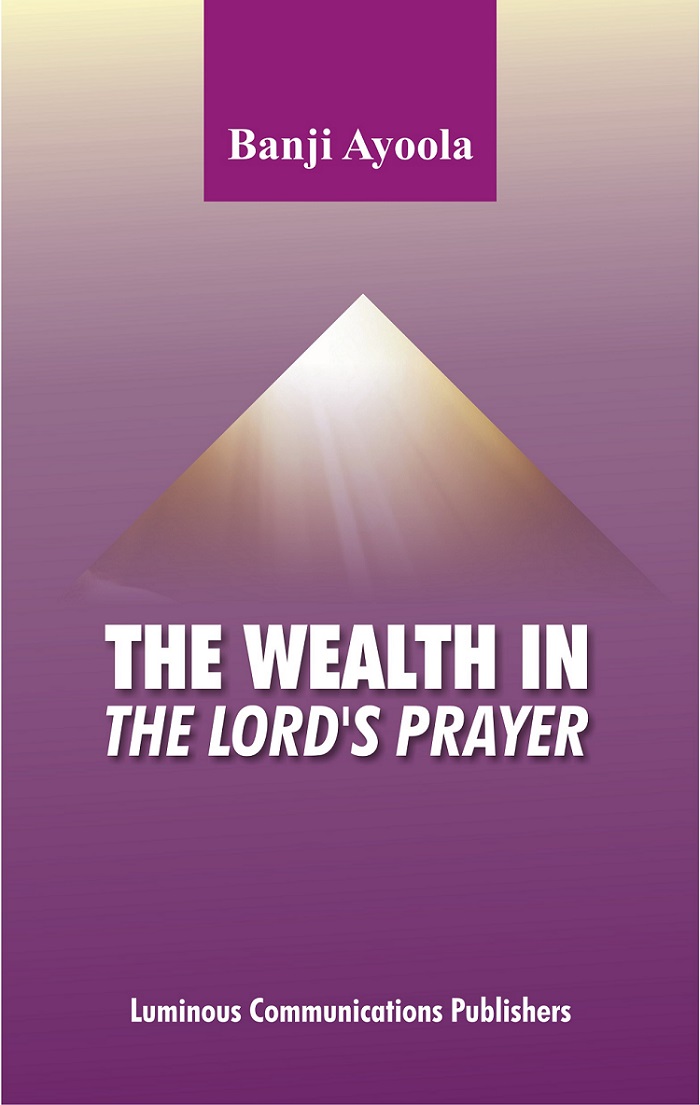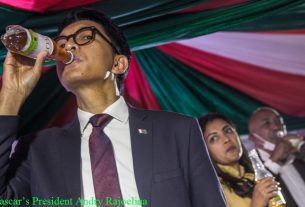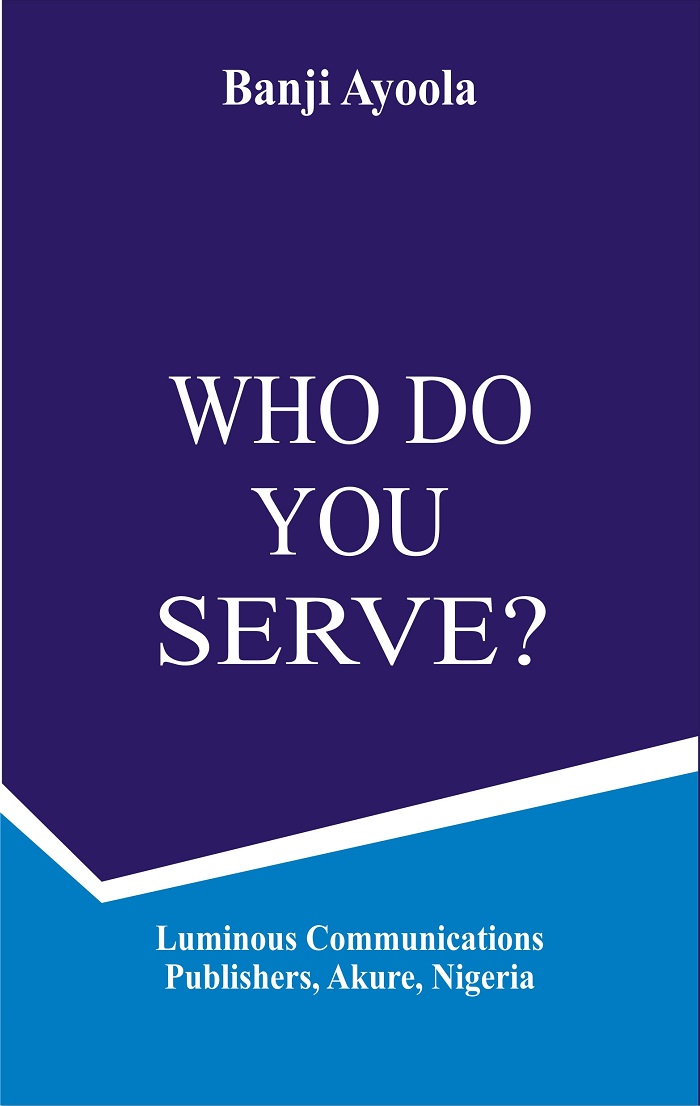The former prime minister of Japan Shinzo Abe has died, aged 67, after being shot while making a speech in the western Japanese city of Nara.
Abe, the country’s longest-serving prime minister until he resigned in 2020, was flown to hospital by helicopter after the attack. His death was first reported by the public broadcaster NHK.
According to The Guardian Nigeria: Footage and accounts broadcast by Japanese media showed Abe’s speech interrupted by two loud bangs – possibly from a shotgun – and smoke, with Abe stumbling to the ground after the second shot. TBS Television reported that he had been shot on the left side of his chest and apparently also in the neck. NHK had initially quoted firefighters as saying Abe showed no vital signs.
Moments later, members of Abe’s security detail wrestled a man to the ground metres behind the former prime minister. The suspect was wearing a grey shirt, light brown trousers and grey trainers. His face was partly obscured by a surgical mask. He reportedly did not attempt to flee before being detained at the scene.
NHK said a suspect, named by police as Tetsuya Yamagami, a 41-year-old resident of Nara, had been taken into custody but provided no further details.
Police said the weapon thought to have been used in the attack was homemade, according to local media reports. A photograph showed two cylindrical metal parts that appeared to have been heavily bound with black tape lying on the road near the scene.
The conservative politician, who had been in Nara to make a campaign speech ahead of this Sunday’s upper house elections, was known for his “Abenomics” policy to lift the world’s third-biggest economy out of deflation and for supporting a more prominent role for Japan’s military to counter growing threats from North Korea and a more assertive China.
Having quit abruptly as premier in 2007 after one year in the post, he swept back for a rare second stint in 2012, pledging to revive a stagnant economy, loosen the limits of a post-second world war pacifist constitution and restore conservative values.
He was instrumental in winning the 2020 Olympics for Tokyo, cherishing a wish to preside over the Games and even appeared as the Nintendo video game character Mario during the Olympic handover at Rio 2016.
Abe became Japan’s longest-serving premier in November 2019, but by the summer of 2020 public support had been eroded by his handling of the Covid-19 outbreak as well as a series of scandals, including the arrest of his former justice minister. Citing the return of a chronic bowel complaint that had contributed to the premature end to his first term in office, Abe resigned without presiding over the Games, which were postponed to 2021 due to the pandemic.
Japan has close to “zero-tolerance” of gun ownership – an approach that experts say contributes to its extremely low rate of gun crime. There were six reported gun deaths in 2014, according to the National Police Agency, and the number rarely exceeds 10, in a country of 126 million people.
And according to BBC News: Abe, who was shot at twice while giving a speech on a street in the city of Nara on Friday morning, died in hospital after he was shot at a political campaign event.
Security officials at the scene tackled the gunman and a 41-year-old suspect is now in police custody.
The suspect, named as Tetsuya Yamagami, admitted shooting Abe with a homemade gun, and said he had a grudge against a “specific organisation”, police said.
Several other handmade weapons, similar to those used in the attack, had been confiscated after a search of the suspect’s house, police officers told a news conference.
Explosives were also found at the home and police said they had advised residents to evacuate the area.
The suspected shooter told officers he had a grudge against a specific group he believed Abe was connected to, police said, adding that they were investigating why the former PM was targeted out of other people related to the group.
Asked by a member of the Japanese media whether the gunman’s intention was to kill Abe, police say only that Mr Yamagami admitted to shooting the former PM.
Prime Minister Fumio Kishida condemned the attack, saying: “It is barbaric and malicious and it cannot be tolerated.”
This attack was “an act of brutality that happened during the elections – the very foundation of our democracy – and is absolutely unforgivable,” Mr Kishida said, speaking before Abe’s death was confirmed.
Abe suffered two bullet wounds to his neck during the attack, and also suffered damage to his heart, doctors said.
He was said to be conscious and responsive in the minutes after the attack, but the 67-year-old’s condition deteriorated.
Doctors said no vital signs were detected by the time the former prime minister was transferred for treatment. Abe received more than 100 units of blood in transfusions over four hours, before he was pronounced dead at 5.03pm local time (0803 GMT).
Eyewitnesses see man with large gun
Abe was giving a speech for a political candidate at a road junction in the southern city of Nara when the attack happened.
Witnesses saw a man carrying what they described as a large gun fire twice at the former PM from behind. Abe fell to the ground as bystanders screamed in shock and disbelief.
Abe had a security team with him, but it appears the gunman was still able to get within a few metres of Mr Abe without any sort of checks or barrier.
Photos circulating in the aftermath of the shooting showed the suspect standing just behind Mr Abe as he gave his speech.
The improvised weapon lies on the ground after the alleged gunman was arrested
Security officers dived onto the attacker, who made no attempt to run, and seized his weapon.
Local reports say he is a former member of Japan’s Maritime Self-Defense Force, Japan’s equivalent of a navy. He is said to have left active service in 2005.
Abe’s speech was part of a campaign for his former party, the Liberal Democratic Party, as upper house elections in Japan are due to take place later this week.
Ministers across the country were later reportedly told to return to Tokyo immediately.
On Japanese social media, the hashtag “We want democracy, not violence” was trending, with many social media users expressing their horror and disgust about the incident.
Abe was campaigning in the southern city of Nara for a parliamentary election – around 300 miles (480km) from the capital city Tokyo.
He was giving a speech for political candidate Kei Sato – a current member of the Upper House running for re-election in Nara.
At 11:30 local time (02:30 GMT) shots rang out and Abe was shot twice in the neck.
He immediately collapsed and was rushed to the nearest hospital.
Security officials at the scene tackled the gunman, who is now in custody.
An unidentified weapon was filmed on the ground after the attack
After four hours of treatment, Abe was pronounced dead at 17:03 local time (08:03 GMT).
Abe, who was Japan’s longest-serving prime minister, held office in 2006 for a year and then again from 2012 to 2020, before stepping down citing health reasons.
He later revealed that he had suffered a relapse of ulcerative colitis, an intestinal disease.
While he was in office, he pushed more assertive policies on defence and foreign policy and had long sought to amend Japan’s pacifist post-war constitution.
He also pushed for an economic policy that came to be known as “Abenomics,” built on monetary easing, fiscal stimulus and structural reforms.
He was succeeded by his close party ally Yoshihide Suga, who was later replaced by Fumio Kishida.
‘Despicable attack’
Gun violence is extremely rare in Japan, where handguns are banned – and incidents of political violence are almost unheard of.
In 2014, there were just six incidents of gun deaths in Japan, as compared to 33,599 in the US. People have to undergo a strict exam and mental health tests in order to buy a gun – and even then, only shotguns and air rifles are allowed.
Prominent voices across the world have been quick to condemn the incident, with UK Prime Minister Boris Johnson calling it a “despicable attack”.
The US ambassador to Japan, Rahm Emanuel, said Abe had been an “outstanding leader of Japan and unwavering ally of the US”.
South Korean President Yoon Suk-yeol called the attack an “unacceptable act of crime” and extended condolences to “the Japanese people for having lost their longest-serving prime minister and a respected politician”.
Chinese Foreign Ministry spokesman Zhao Lijian said his country was shocked by the attack.
He added that “this unexpected incident should not be associated with Sino-Japanese relations” and had no comment when asked about Chinese social media reaction.
Comments gloating over the attack on Mr Abe have dominated Chinese social media, and have also surfaced on Korean platforms.
China and South Korea have historically had complicated and fraught relationships with Japan. Abe, known for his military hawkishness, was unpopular with citizens of both countries during his term in office.
Read also:







